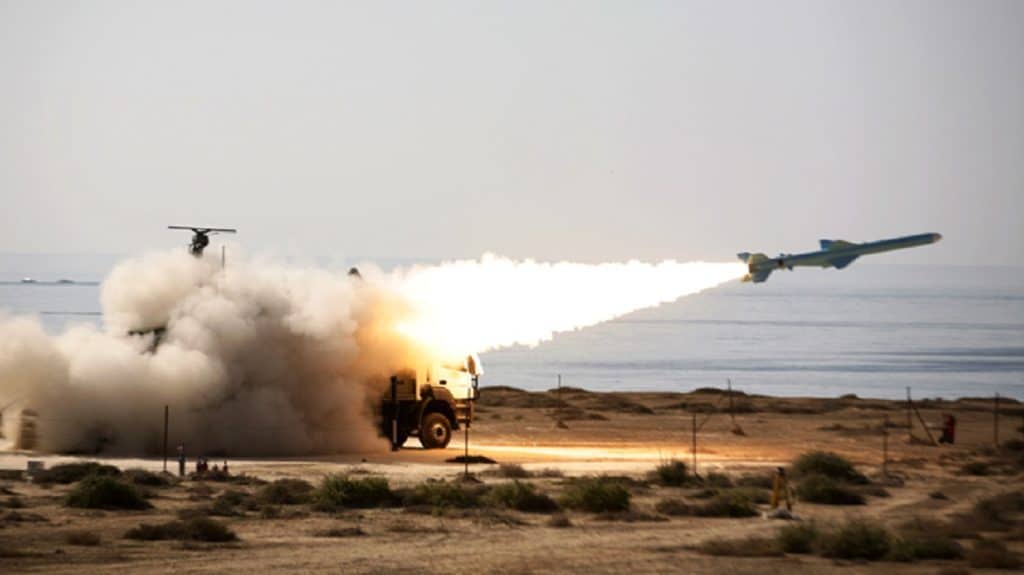By Denis Korkodinov
There is a risk of a clash between Iran and Israel. A sign of this is the haste with which Tehran seeks to obtain nuclear weapons and strengthen loyal force groups in the Middle East region.
Experts think that in the event of a full-blown conflict, Tel Aviv can hardly count on support from Washington, which has repeatedly confirmed its unwillingness to fight with Tehran. In any case, Donald Trump fears that the ayatollah regime may eventually organize attacks against United States, which is why he prefers not to anger his opponents once again.
It is worth noting that at present, the balance of deterrence in the Middle East is not in favor of Washington. Moscow successfully took advantage of this, which quickly strengthened its position in the region. However, Russia does not pose a threat to Israel’s security because it has completely different goals. She wants at all costs to gain control over strategic facilities in Syria.
And while Tel Aviv does not impede Moscow plans. However, this does not indicate that this state of affairs may exist for a long time, since after the completion of military operations in the north of the SAR, Bashar al-Assad may appeal to Vladimir Putin to help resolve the issue of the status of the Golan Heights. And then Russia may face a difficult choice: either continue to defend Damascus from foreign intervention, or turn a blind eye to Israeli actions in southern Syria.
Now Tehran is absolutely sure that in the event of an attack on Israeli territory, the United States will clearly not intervene in the conflict. This will allow the Iranian leadership to attack Israel almost unhindered. In addition, there is a high probability that the Lebanese Hezbollah will join the anti-Israeli coalition, but only if the first blow is delivered exclusively by Iran, which will take full responsibility for the result of a potential military campaign.
The US withdrawal from the nuclear deal, despite criticism, was largely beneficial to Tehran. So, thanks to this, Iran got an occasion to start the production of nuclear weapons, the dream of which he cherished over the past 40 years. And now, no matter what containment projects Donald Trump offers, the Ayatollah regime is unlikely to give up its nuclear ambitions. Therefore, we can state the fact that there will be no new deal between Iran and the US in the medium term.
In this regard, Israel has serious grounds for concern, since Iran could soon become a nuclear power with a huge arsenal of ballistic missiles capable of reaching any point on Israeli soil.
For this reason, Tel Aviv will most likely not wait for a reaction from Washington, but will prefer to seek new allies against Tehran. Considering that Saudi Arabia shows no less hostility towards Iran than Israel, it is quite logical that Riyadh may become one of the leading participants in the anti-Iranian coalition.
Meanwhile, the international community is not at all interested in the Iran-Israel confrontation escalating into an armed conflict, since this conflict can have global consequences. However, apparently, at the moment, members of the international community can not offer anything in order to avoid this confrontation.
(The opinions expressed in this article are solely those of the author and do not necessarily reflect the views of World Geostrategic Insights)







